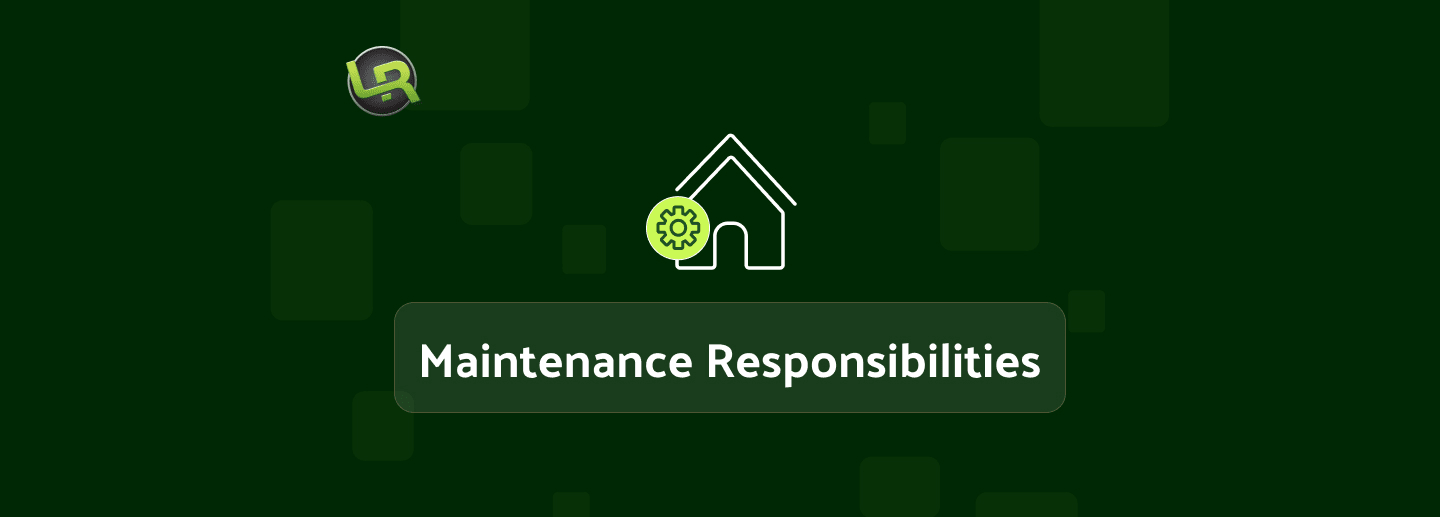Both parties are expected to aid in the upkeep of the premises in some way. Vermont law dictates who is responsible for what when maintaining the property throughout the tenancy as well as remedies for noncompliance.
The landlord’s responsibilities covers two main areas: the warranty of habitability and providing heat and water. The warranty of habitability ensures your compliance as a landlord to deliver over and maintain throughout the period of the tenancy that the premises is safe, fit for human habitation, and complies with the requirement of applicable building, housing, and health regulations. In providing heat and water, you must ensure that the premises has heating facilities which are capable of safely providing a reasonable amount of heat, and that you will provide an adequate amount of water to the premises that is properly connected with hot and cold water lines. However, the heat and water section shall not apply if the premises is intended and rented for summer occupancy or as a hunting camp.
The tenant should comply with the following regulations when living on the property:
- The tenant shall not create or contribute to the noncompliance of the premises with applicable provisions of building, housing, and health regulations;
- The tenant shall conduct himself or herself and require other people on the premises with the tenant’s consent to conduct themselves in a manner that will not disturb other tenants’ peaceful enjoyment; and
- The tenant shall not deliberately or negligently destroy, deface, damage, or remove any part of the premises or its fixtures, mechanical systems, or furnishings or deliberately or negligently permit any person to do so.
Remedies for noncompliance
Vermont also provides remedies for either party’s noncompliance with their maintenance responsibilities. If the landlord fails to comply with his or her obligations for habitability and fails to make repairs within a reasonable amount of time after having been notified by the tenant, a government entity, or a qualified independent inspector, the tenant may do any of the following:
- Withhold the payment of rent for the period of the landlord’s noncompliance
- Obtain injunctive relief
- Recover damages, costs, and reasonable attorney’s fees
- Terminate the agreement on reasonable notice
When dealing with the tenant’s noncompliance or violation of their responsibilities, you, the landlord, are entitled to recover damages, costs, and reasonable attorney’s fees from the tenant; and the violation will be grounds for termination under subsection 9 V.S.A. § 4467(b).



